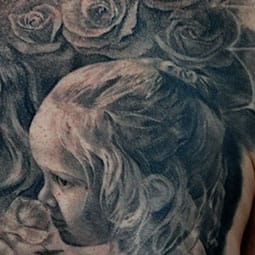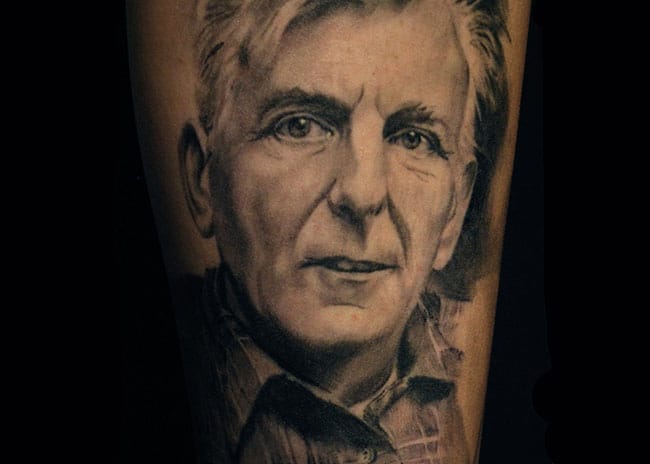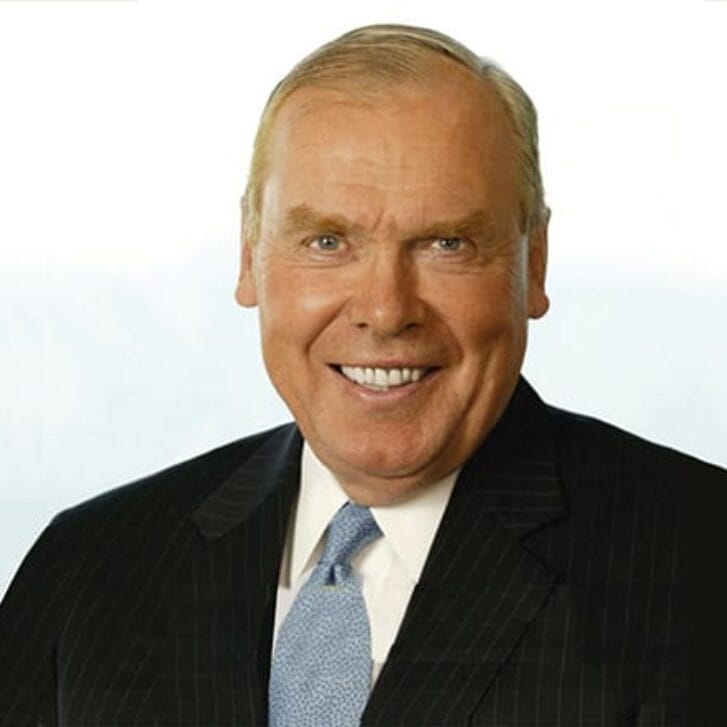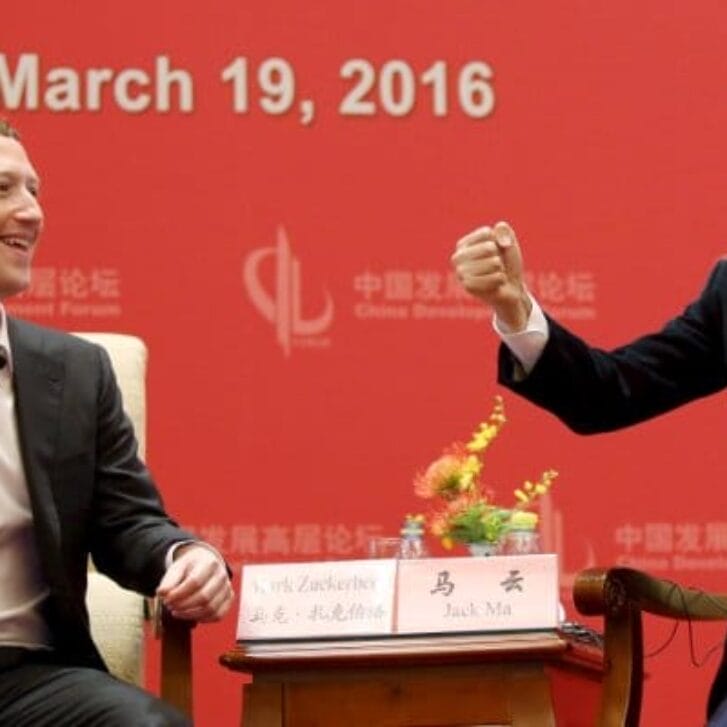“Give me the camera, homie,” said Abey Alvarez, a former “gang banger” turned tattoo artist. I handed over my personal Nikon D3000. “You are getting glare off my face,” he said. “Let’s adjust the white balance, shutter speed and …”
He was already talking beyond my simple camera knowledge. But, after he handed me back my camera and I started taking photos of him tattooing in our booth at the Ink N’ Iron trade show, I quickly saw that he had made the photo a hundred times better. Not only was he a professional tattoo artist, his hobby was photography.
That was one of my first memorable experiences with the Ink-Eeze brand after I became an active investor in the tattoo care products company in 2011. As I don’t have any tattoos, I lacked the “street cred” to work the booth in any way. I wore skate shoes and an industry-respected Sullen Clothing T-shirt just to fit into the surroundings a the booth’s “photographer” for the convention.
The tattoo industry is made up of artists that have an interesting relationship with business folks. Ink artists don’t want someone in a suit talking to them about their craft or the products they should be using. At the same time, many artists recognize that they often don’t have the time or inclination to get involved with larger business matters beyond their hourly rate.

Credit: Carlos Torres
Sean Hoy, the founder and CEO of Ink-Eeze, is an avid tattoo collector and had been hearing complaints from top artists for years about the lack of useful products for their industry, though Hoy cautioned that tattoo artists are not really interested in having their shops serve as retailers of tattoo industry products.
“They’d prefer to build products into the price of their work,” he told me. “Or, they act like a doctor and ‘prescribe’ a product they trust, telling the client where they might go to get it without caring about getting any compensation in return.”
I found this fascinating. Tattooing is an industry that doesn’t operate by the straightforward sales rules of other industries.
In 2014, Ink-Eeze brought on board one of the world’s most famous tattoo artists, Carlos Torres, as a shareholder. Torres recognizes that to be a strong brand in the industry, not only do Ink-Eeze’s products have to be good and desired by the artists, there needs to be a strong business backbone to run a company.
Blending business and art made sense, Torres said to me.
“There was a need for products made specifically for tattoo artists. Until recently, the tattoo industry had been using products that were designed with another purpose in mind,” he said. “[Ink-Eeze products] allow for artists to be creative in a safe and sanitary manner. Buying into this company meant I could be a part of a team of businessmen. As an artist, I need the business smarts and left-brained people.”
Given my background in the film and television industry, I saw that some of the same rules applied to the tattoo industry. Artistic people like actors, writers and directors have business people like agents, managers and producing partners so each can focus on a specialty and create something that is greater than what each could have accomplished on his own.
In a way, it helps to highlight the advice I often give to other entrepreneurs, which is: You can’t do it all yourself. You need to build a team of people around you so that strengths complement weaknesses. Then, each person can focus on what he or she does best. For Ink-Eeze, while it is often frustrating that I am not able to fully represent the brand, I have learned the value of my role behind the scenes.

























